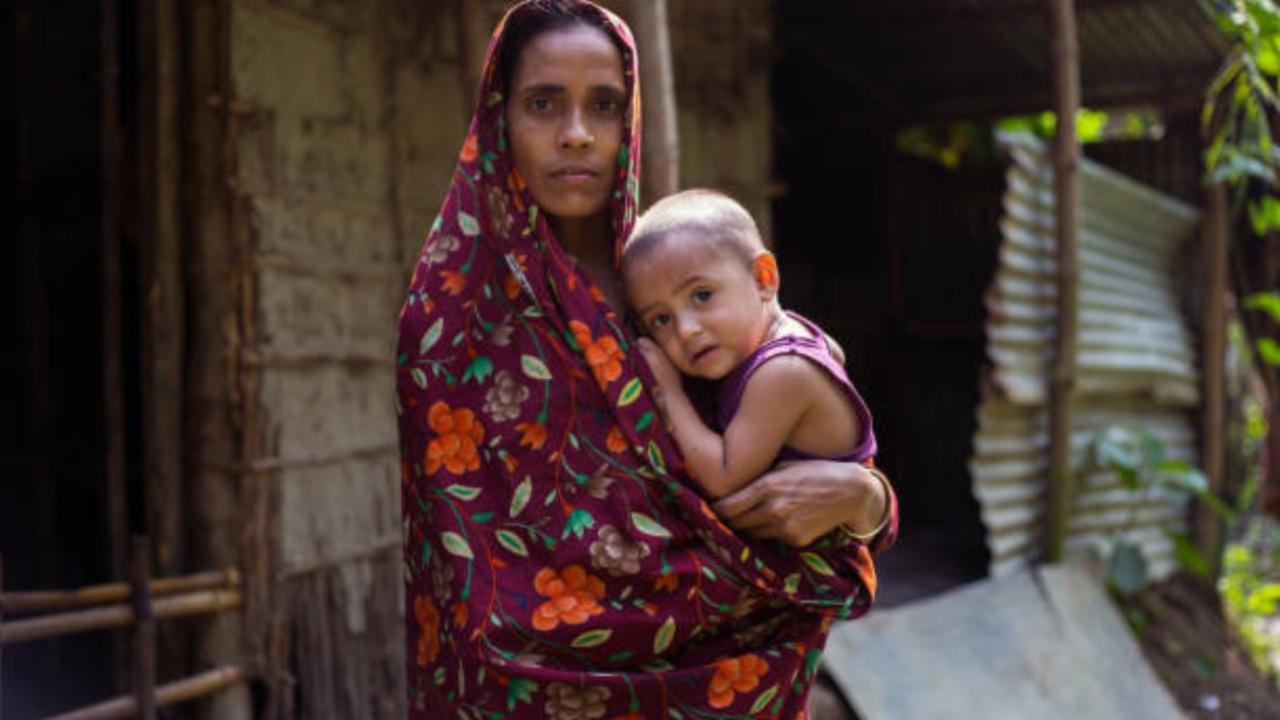The study highlights the need to provide nutritional and health support to women before conception and to continue that support during and after pregnancy

Image for representational purposes only. Photo Courtesy: iStock
Proper nutrition is a must in childhood as malnutrition early in life sets stage for poor growth and death, according to three studies.
ADVERTISEMENT
"Children whose growth begins to falter before they are six months old are much more likely to die and much more likely to have severe forms of growth faltering by the time they're 18 to 24 months old," said Benjamin Arnold and Associate Professor at University of California-San Francisco.
"There is a very narrow period in which we can intervene, ideally in the prenatal period. It also suggests broader interventions are needed to improve nutrition among women of childbearing age," he added.
As per the data, in 2022, more than one in five children around the world did not get enough calories to grow normally, and more than 45 million showed signs of wasting, or weighing too little for their height.
More than a million children die each year as a consequence of wasting (weighing too little for their height) and more than 250,000 die from stunting (being too short for their age).
The research, published in the journal Nature, involved an international team of more than 100 researchers who examined data of nearly 84,000 children under two years old from 33 major studies that began between 1987 and 2014.
They found 20 per cent of children were stunted at birth and more than 52 per cent had experienced wasting by their second birthday.
Researchers also found that seasonal changes may also affect the wasting.
Especially in South Asian cohorts, a child born in May was far more likely to be wasted than a child born in January, due to primarily seasonal food availability and the nutritional status of the mother during pregnancy.
"By virtue of when a child happens to be born, they could be set off on a completely different trajectory in terms of growth," Arnold said.
"Our findings suggest that if health interventions are not delivered before age six months, it is too late to prevent stunted growth for about a third of children in the populations represented in this study and as many as half of children in South Asia," said Jade Benjamin-Chung, Assistant Professor at Stanford University.
The study highlighted the need to provide nutritional and health support to women before conception, and to continue that support during and after pregnancy. In the studies, the researchers also observed that a malnourished mother is likely to give birth to a child who will repeat that cycle of malnutrition into the next generation.
"Early life malnutrition sets a concerning course that can span generations," said Andrew Mertens, lecturer at University of California-Berkeley.
This story has been sourced from a third party syndicated feed, agencies. Mid-day accepts no responsibility or liability for its dependability, trustworthiness, reliability and data of the text. Mid-day management/mid-day.com reserves the sole right to alter, delete or remove (without notice) the content in its absolute discretion for any reason whatsoever
 Subscribe today by clicking the link and stay updated with the latest news!" Click here!
Subscribe today by clicking the link and stay updated with the latest news!" Click here!








